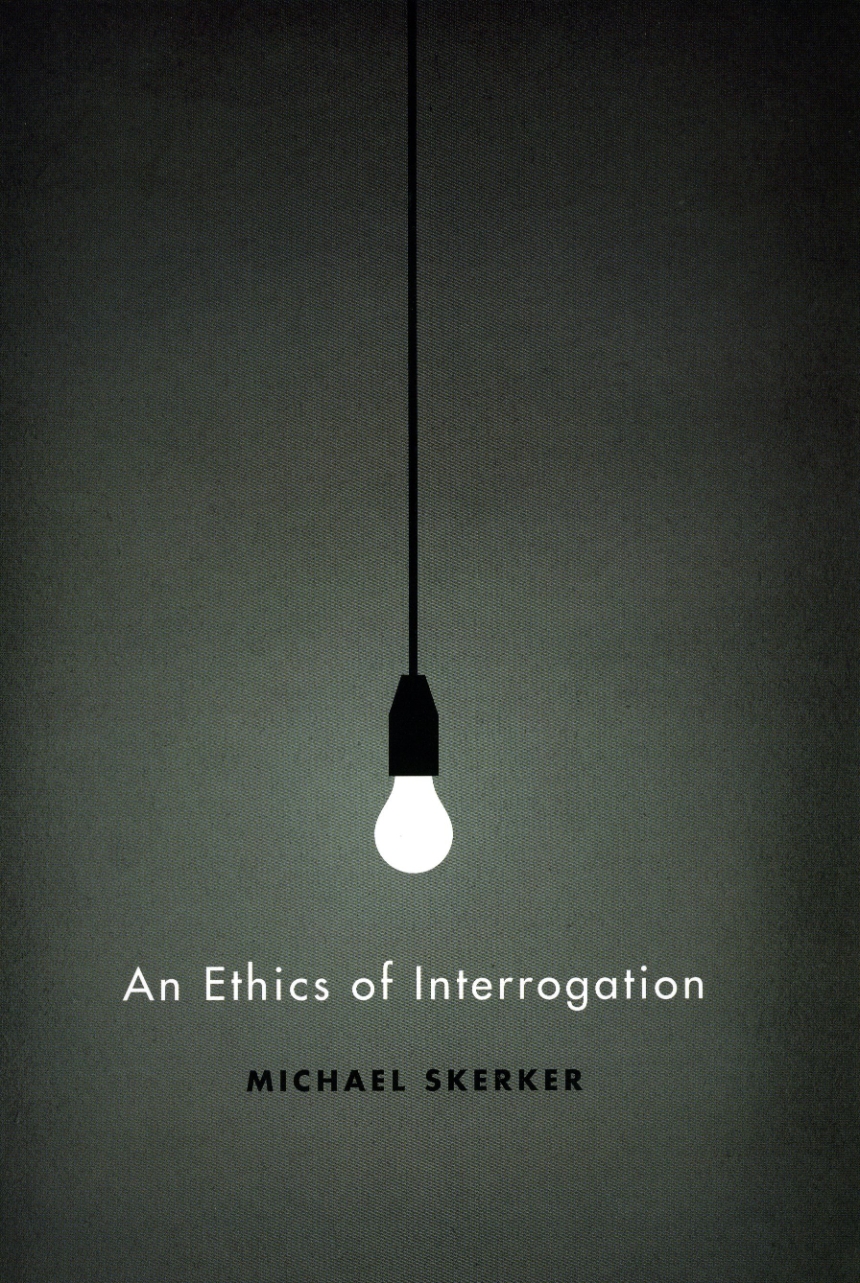An Ethics of Interrogation
272 pages | 6 x 9 | © 2010
Law and Legal Studies: Law and Society
Philosophy: Ethics
Political Science: Political and Social Theory
Reviews
Table of Contents
Acknowledgments
Introduction
Part I: Interrogation in Domestic Law Enforcement
One / Autonomy, Rights, and Coercion
Two / The Liberal State and Police Powers
Three / Plotting, Suspicion, and the Rights to Privacy and Silence
Four / The Privilege against Compelled Self-Incrimination
Five / Police Interrogation
Part II: Interrogation in International Contexts
Six / Prisoners of War and Other Martial Detainees
Seven / Noncoercive Interrogation
Eight / Coercive Interrogation
Conclusion
Notes
Index
